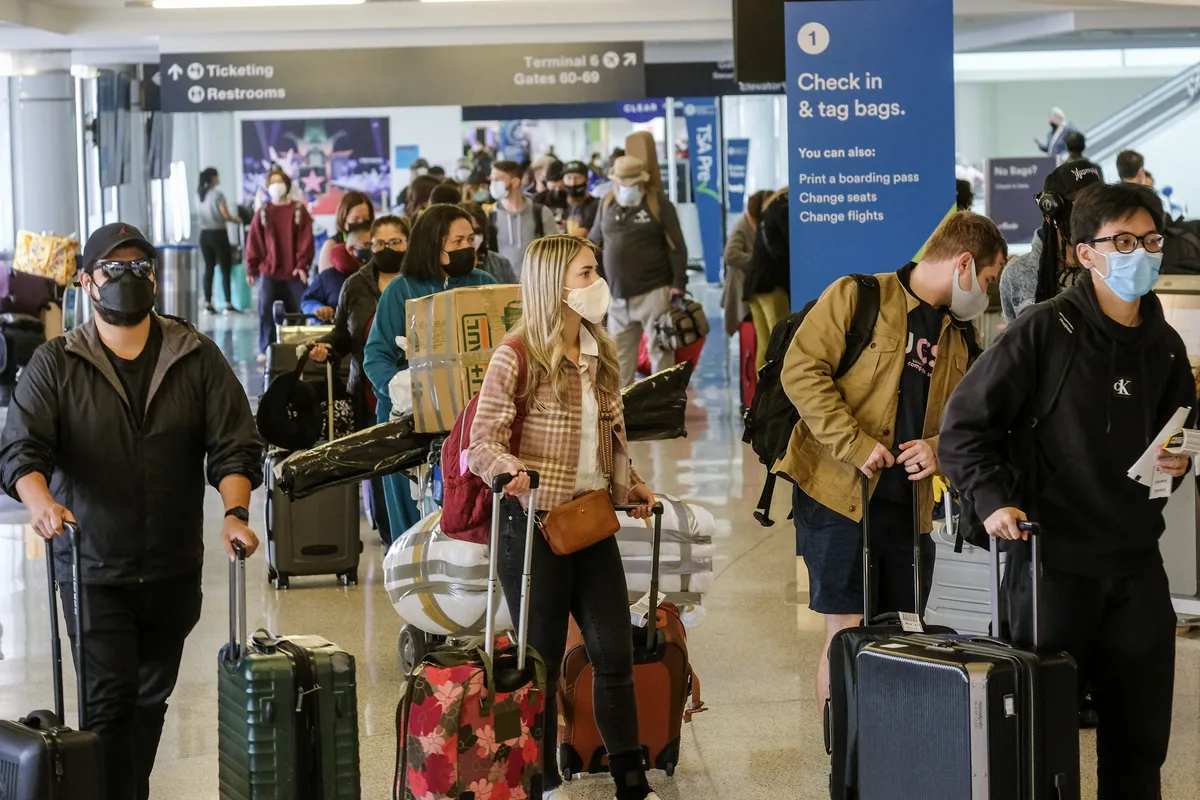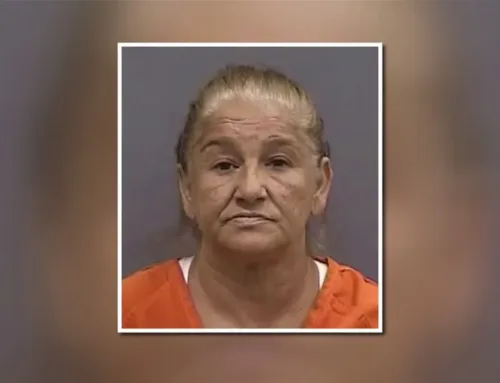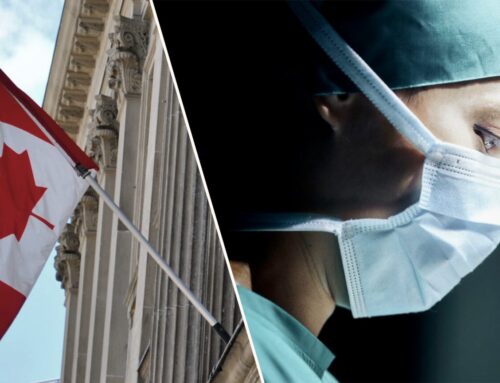Published:January 10, 2022
-Globe And Mail
The United States has designated Canada among the world’s most dangerous countries for COVID-19, warning against trips north at a time that Omicron infections are spreading rapidly on both sides of the border.
The U.S. Centers for Disease Control and Prevention on Monday changed its cautionary rating on Canada to Level 4, indicating very high COVID-19 levels. It bluntly advised that Americans “avoid travel” to Canada, based on criteria that include numbers of new cases.
Such advisories have now been issued for large parts of the globe, including much of Europe, some of southern Africa, the Middle East – and the U.S. itself. In total, the CDC has ranked 82 countries Level 4.
The advisory is an alert that does not involve the reimposition of border restrictions, leaving Americans free to travel to Canada if they can meet entry requirements, which include costly PCR tests. The Canadian government has also advised against all non-essential international travel.
“If people want to cross the border, they can still cross the border,” said Xavier Delgado, research co-ordinator for the Canada Institute at the Woodrow Wilson International Center for Scholars in Washington.
But the U.S. advisory nonetheless has raised concern that travellers may decide against Canada as they plan for the remainder of ski season and into the summer.
“As it is, we are on the cusp of losing our third summer tourism season,” said Perrin Beatty, president and chief executive officer of the Canadian Chamber of Commerce.
He called the U.S. alert “perplexing” at a time of widespread COVID-19 community spread.
Canada currently counts 422,017 active COVID cases. The United States counted more than 1.1 million new cases Monday and, according to a Reuters tally, set a new record for hospitalizations.
Infection rates “have consistently been lower in Canada than in the U.S.,” Mr. Beatty said, and “travel advisories are not terribly useful in terms of limiting the spread of the disease.”
Canada’s business establishment has been frustrated by a lack of co-ordination on management of the border, which has created differing requirements for northbound and southbound traffic. The Canadian government intends to require proof of vaccination from cross-border truckers beginning this Saturday, although estimates show that will likely keep 5 per cent to 10 per cent of drivers out of the country at a time of widespread disruption to supply chains.
Mr. Beatty and other Canadian business leaders have a meeting scheduled this week with David Cohen, the new U.S. ambassador to Canada. Mr. Beatty said he plans to raise the need to “deepen our strategic relationship, as opposed to putting barriers in the way of each other.”
He added: ”The incoherence in terms of the management of the border is a barrier that we have that makes it very difficult for businesses to plan in any sort of a measured way.”
In October, a task force for the Wilson Center issued a report on the effectiveness of the border measures, first imposed in March, 2020, that restricted non-essential travel between the two countries. Canada eased those restrictions last summer. The task force, which included former deputy prime ministers Anne McLellan and Jean Charest, criticized governments for turning a deaf ear to the public as they imposed restrictions. It said voluntary compliance is cheaper than enforcing border measures.
On Monday, business leaders said the spread of the Omicron variant, and accompanying provincial restrictions, had already begun to do damage before the new U.S. advice to avoid Canada.
“There was a lot of interest in coming to ski in the Rockies,” said Deborah Yedlin, president and CEO of the Calgary Chamber of Commerce. “Those bookings started to fall off as Omicron started to spike.”
She, too, expressed concern about the U.S. advisory, since Canada maintains a stricter COVID-19 entry regime than the United States.
“It’s surprising, quite frankly, because we have different requirements than they do. In theory, you’re safer here,” she said.
“There’s so much uncertainty right now. This is not going to help our tourism and hospitality industry in any way.”




